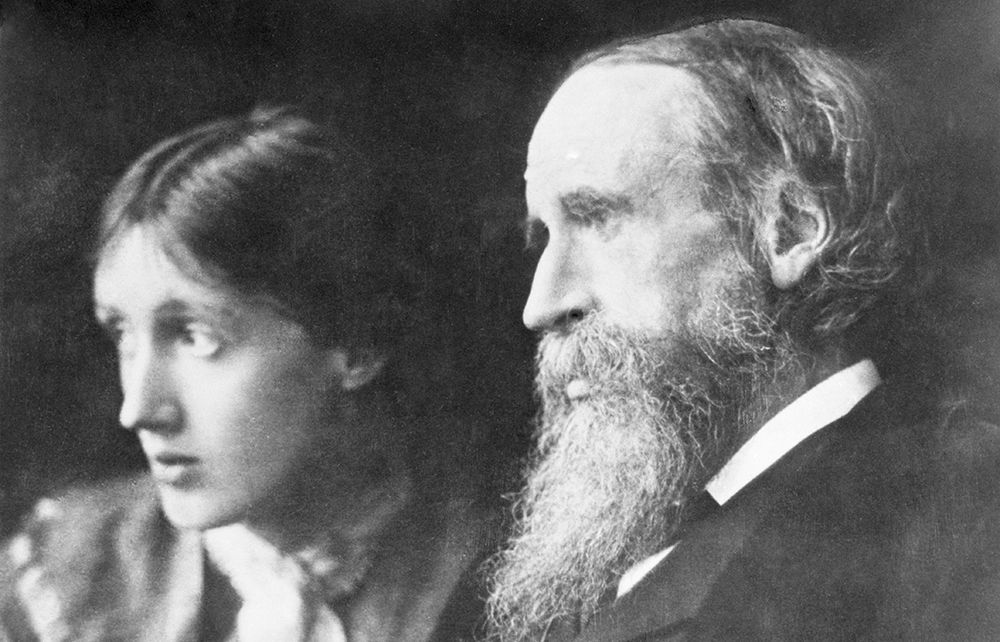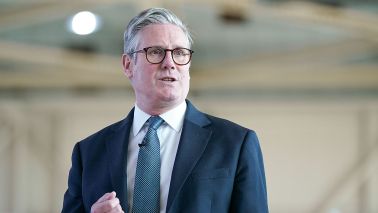‘Everything obscene comes from France,’ wrote James Dixon, an eye surgeon retired to Dorking, in 1888. He was provoked by learning of an item called a condom, and explained to his correspondent, James Murray, that this was ‘a contrivance used by fornicators, to save themselves from a well-deserved clap’. Surely the word had no place in the Oxford English Dictionary, of which Murray had for the previous nine years been editor? Murray was persuaded and left it out. Dixon was a useful source of information about words relating to medicine, and Oxford’s team of under-resourced lexicographers relied on the goodwill of such volunteers.
Ogilvie’s book is an engaging sideways look at one of the great monuments of erudite collaboration
Sarah Ogilvie’s sprightly book celebrates the OED’s unpaid contributors. The first advertisements inviting readers to be part of ‘this truly national work’ appeared in 1857, and 166 years later the OED still periodically appeals to the public for help. But Ogilvie concentrates on the ‘ordinary people doing extraordinary things’ to gather material for the first edition, published in instalments from 1884 to 1928. She is able to shed light on this because in 2014, while killing time in the dictionary’s archive, she chanced on a small black volume tied with a cream ribbon. This was Murray’s address book. Its pages hum with pithy judgments on the individuals who promised much, yet failed to deliver (‘gave up’, ‘gone away’, ‘no good’, ‘nothing done’). They also illuminate the labours of an army of the linguistically alert and curious-minded – a total of 3,000, in Britain and America as well as South Africa, New Zealand, the Congo and Japan.
Some are familiar: Virginia Woolf’s father, Leslie Stephen, the first editor of the Dictionary of National Biography; Eadweard Muybridge, whose images of galloping horses and boys playing leapfrog were landmarks in the photographic study of motion; and the translator Eleanor Marx, daughter of Karl.







Comments
Join the debate for just £1 a month
Be part of the conversation with other Spectator readers by getting your first three months for £3.
UNLOCK ACCESS Just £1 a monthAlready a subscriber? Log in